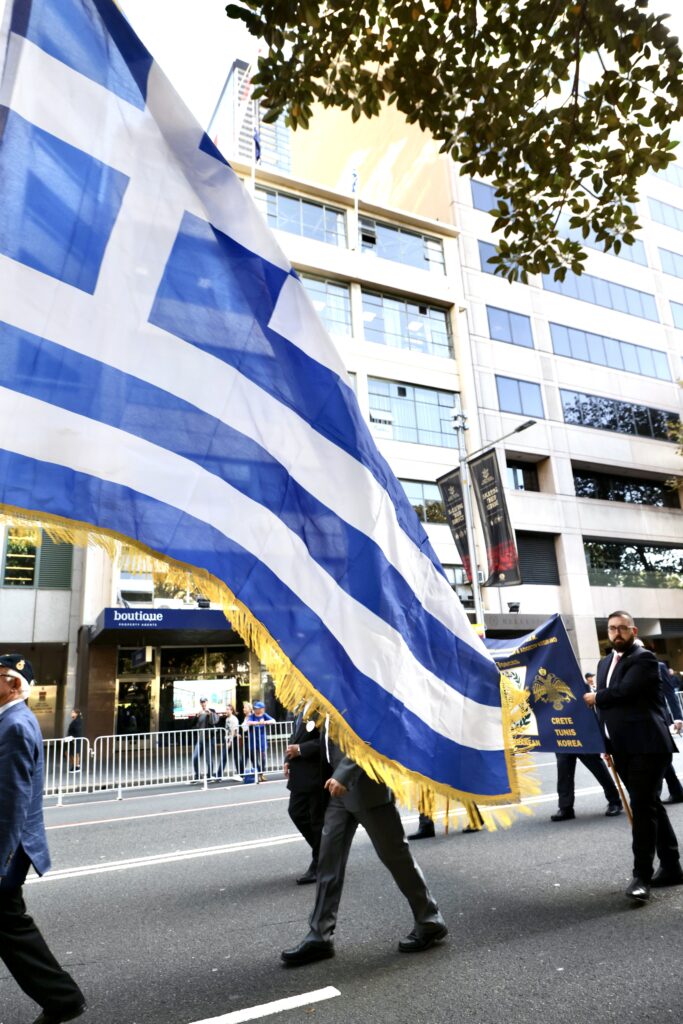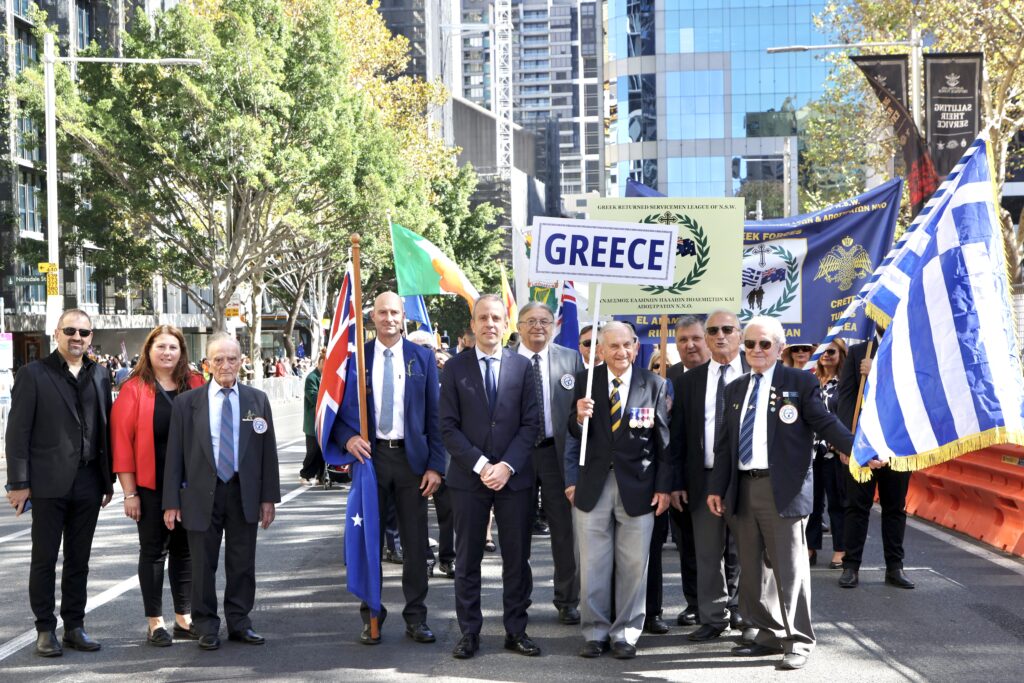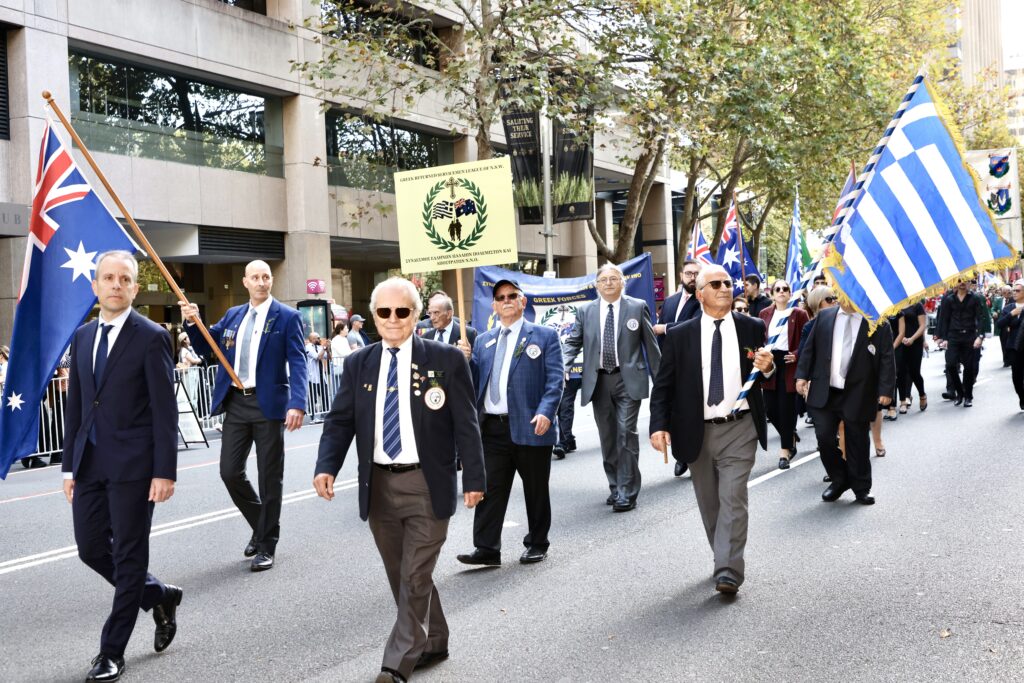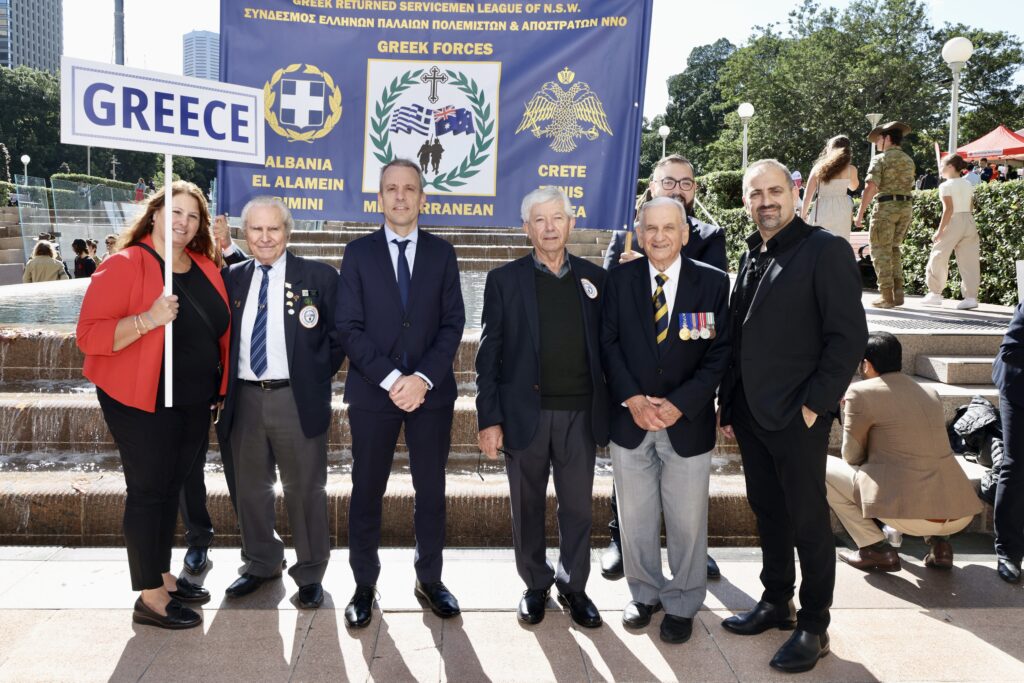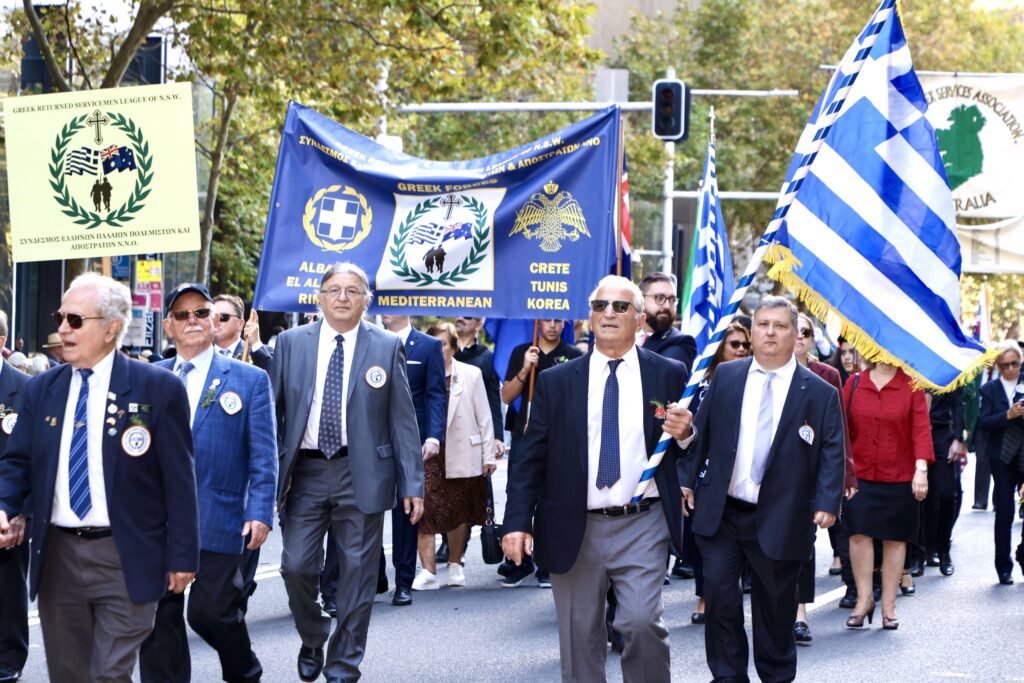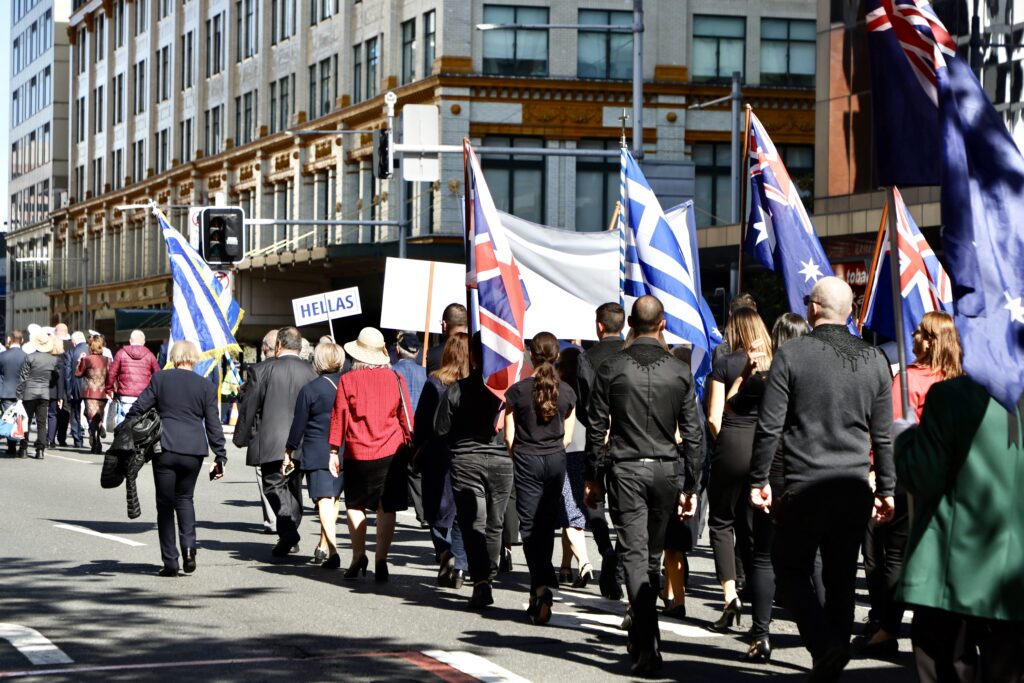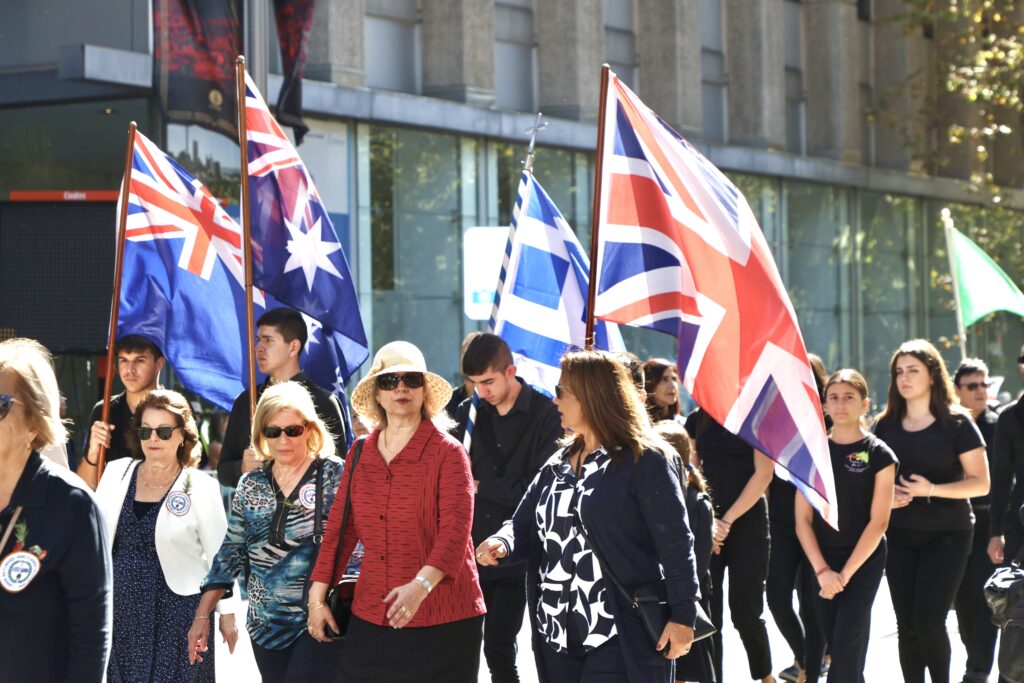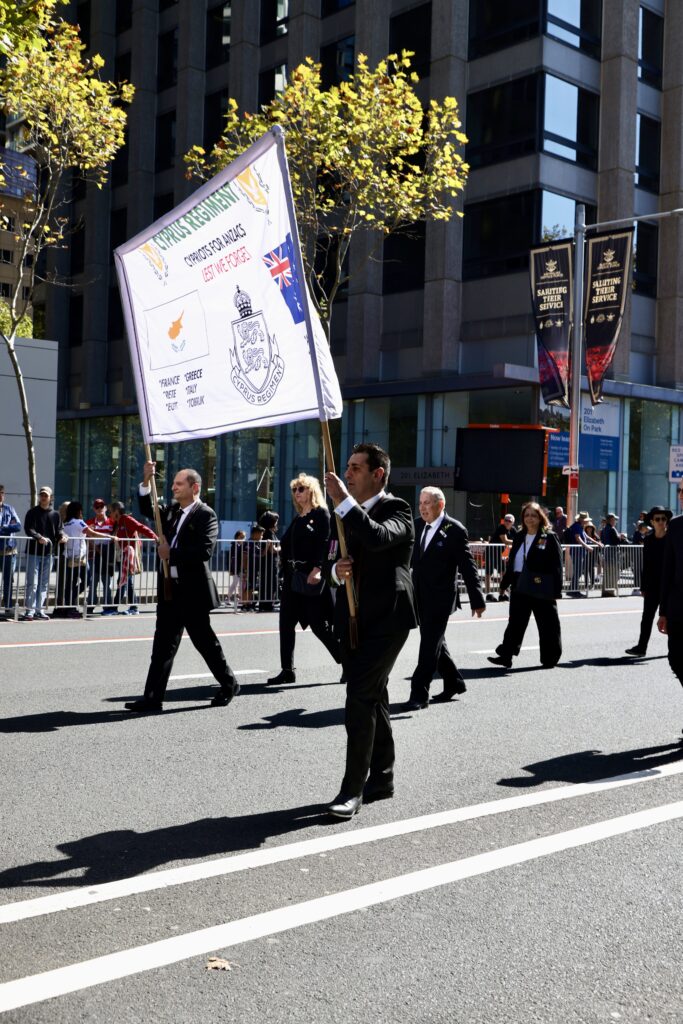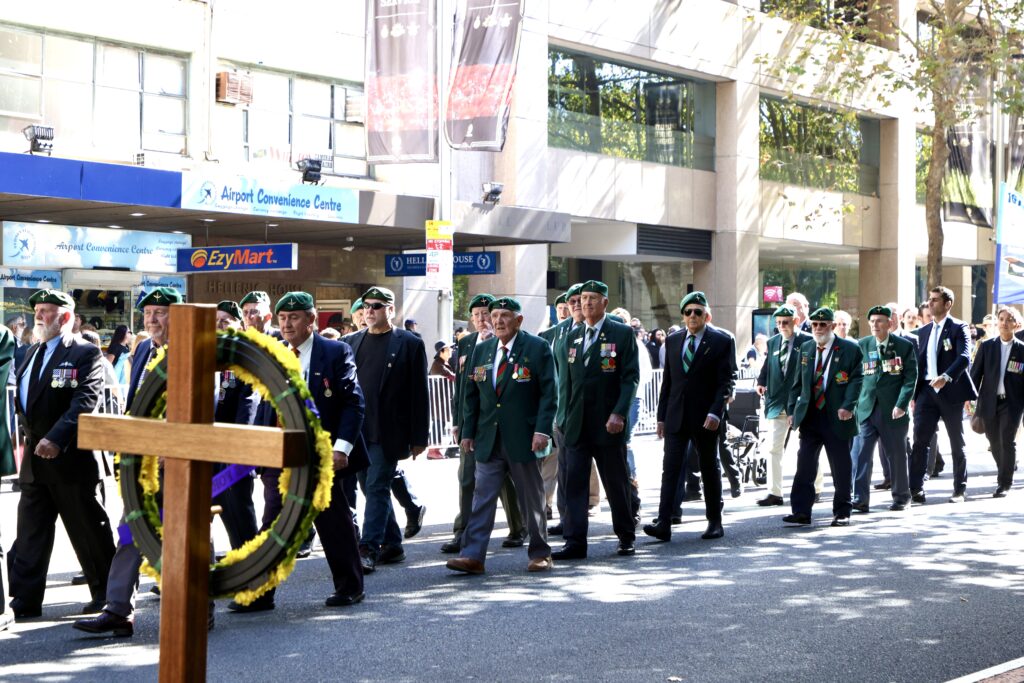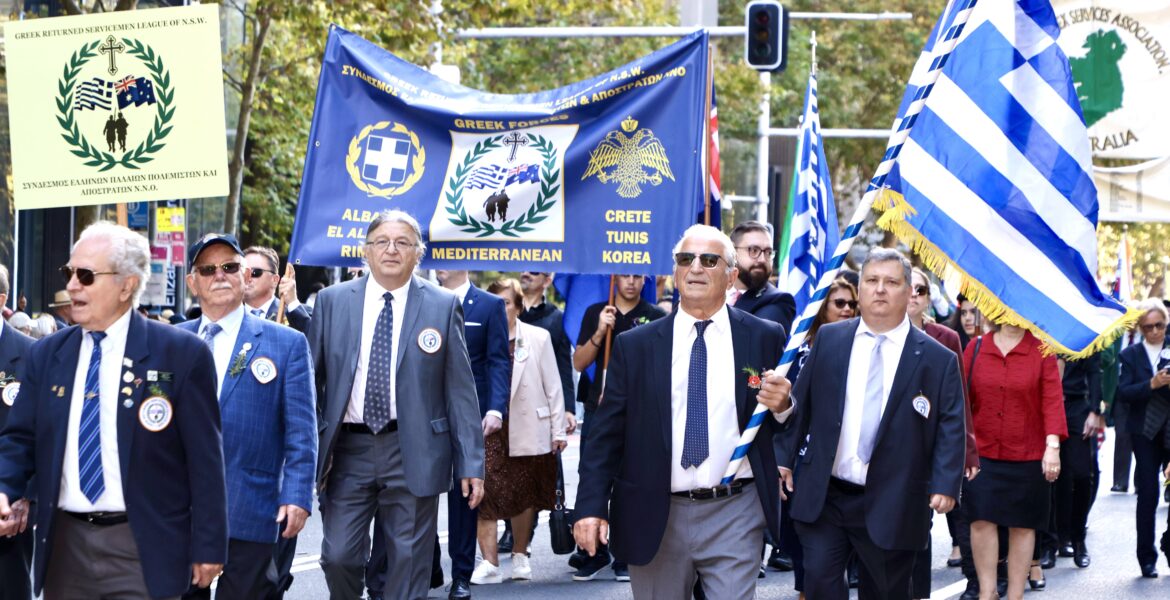Anzac Day, 25 April, is one of Australia’s most important national occasions. It marks the anniversary of the first major military action fought by Australian and New Zealand forces during the First World War. It is also the day when we remember all Australians who have served and died in war and in operational services.
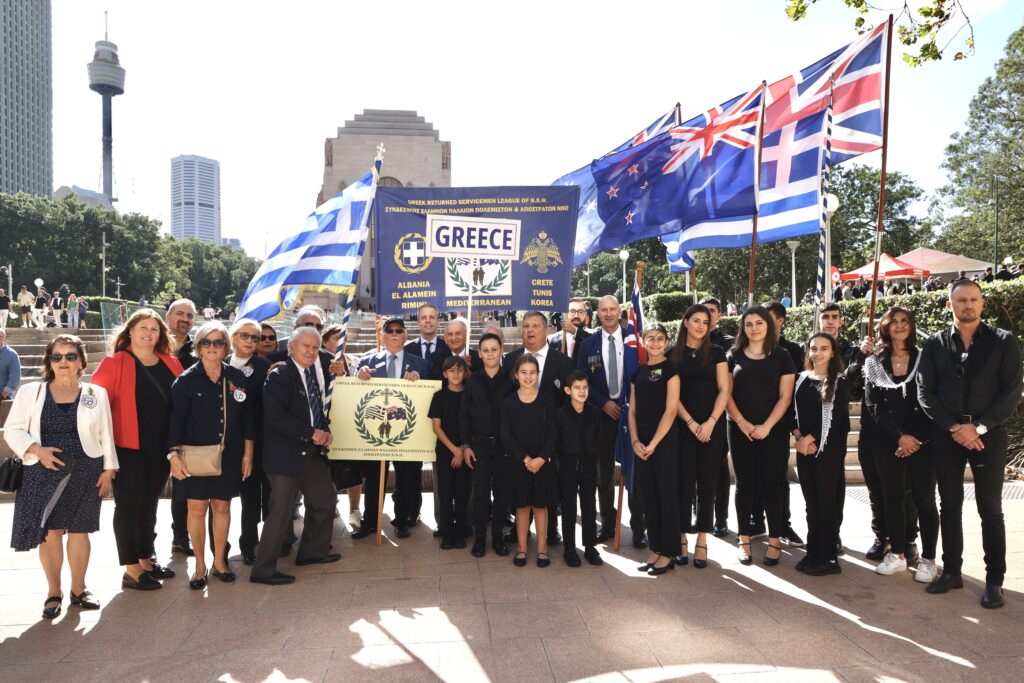
When war broke out in 1914, Australia had been a federated nation for only 13 years, and its government was eager to establish a reputation among the nations of the world. When Britain declared war in August 1914, Australia was automatically placed on the side of the Commonwealth. In 1915, Australian and New Zealand soldiers formed part of the expedition that set out to capture the Gallipoli peninsula in order to open the Dardanelles to the Allied navies. The ultimate objective was to capture Constantinople, the capital of the Ottoman Empire, an ally of Germany.
The Australian and New Zealand forces landed on Gallipoli on 25 April, meeting fierce resistance from the Ottoman-Turkish defenders. What had been planned as a bold stroke to knock Turkey out of the war quickly became a stalemate, and the campaign dragged on for eight months. At the end of 1915, the Allied forces were evacuated from the peninsula, with both sides having suffered heavy casualties and endured great hardships. More than 8,000 Australian soldiers had died in the campaign. Gallipoli had a profound impact on Australians at home, and 25 April soon became the day on which Australians remembered the sacrifice of those who died in the war.
Although the Gallipoli campaign failed in its military objectives, the actions of Australian and New Zealand forces during the campaign left a powerful legacy. What became known as the “Anzac legend” became an important part of the identity of both nations, shaping the ways in which they viewed both their past and their future.
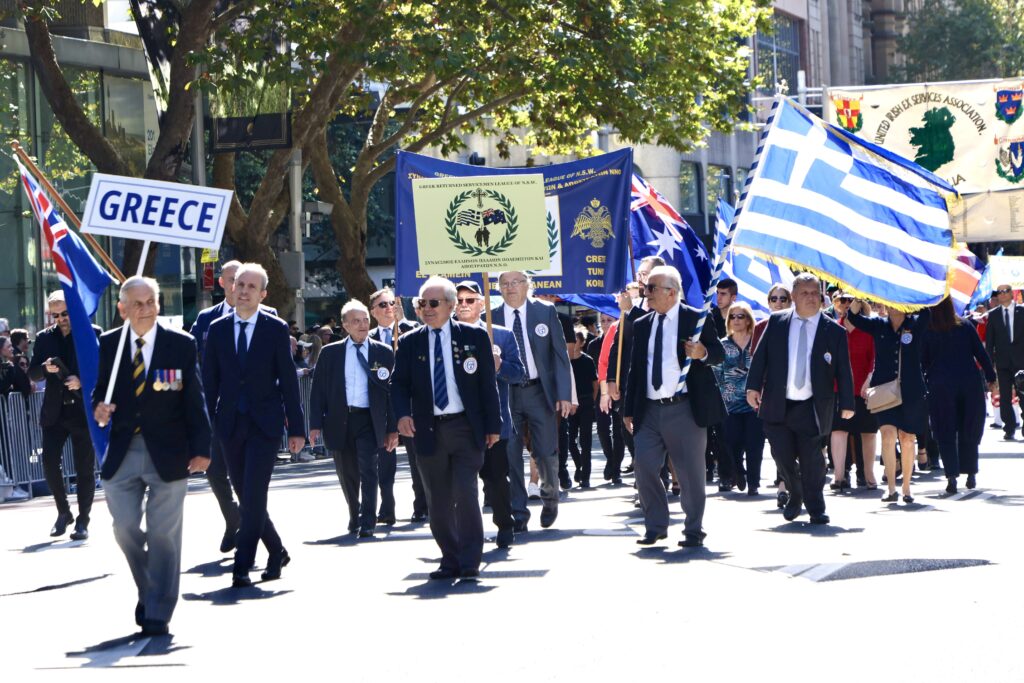
ANZACs IN GREECE
Today we also remember the ANZACS who fought in the Battle of Greece and Crete.
On 6th April 1941, the Battle in Greece was one of the first engagements of the Australian Army against the Nazis in World War II.
Many of the Anzacs of Greece and Crete (e.g., Anzac Constantine Aroney) had also fought in the first Anzac Campaign in Gallipoli a few decades earlier and are rare “Dual Anzacs.”
Some of the Anzacs of Greece and Crete (e.g. Anzac James Zampelis) came from Greek Australian migrant families.
The Greek and Crete Campaign included Australia’s highest-ranked Indigenous Australian soldier, Captain Reginald Saunders, who was supported and saved by the Cretan people for nearly a year until his escape. Their human bonds are an important Australian story and will empower indigenous Australians and contribute to reconciliation.
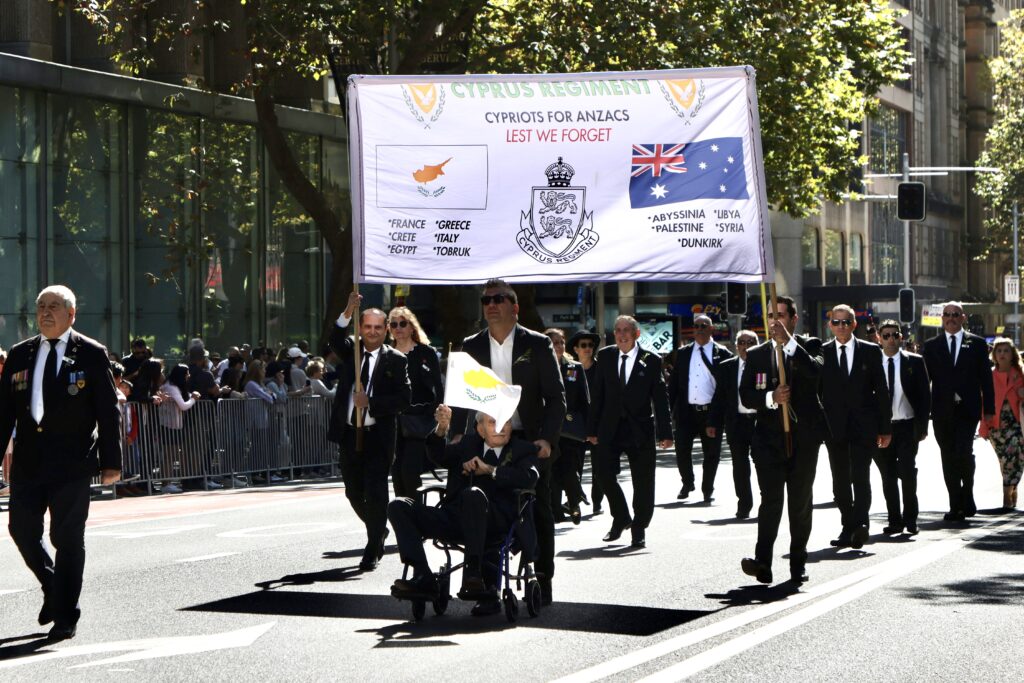
Of the 1,686 Anzacs, 646 Australians are buried or memorialised in Greece in Phaleron, Athens, Rhodes, and Suda Bay in Crete. Over 50 percent of deceased Australians have never been found or are unidentified and are memorialised at the Athens Memorial.
8900 Anzac prisoners of war were captured in the Battle of Crete and Greece, representing 83% of the Australian soldiers captured by the Nazis in World War II.
The Anzacs had come from one of the newest democracies to fight in Greece, the birthplace of Democracy for freedom and liberty.
Some 11 per cent of the Greek general population and 80 per cent of the Jewish population perished as a result of the Nazi invasion.
Lest We Forget.
Australians nationwide united in a poignant display of remembrance, braving the early morning chill to participate in dawn services honoring the Anzac soldiers, who demonstrated unwavering courage both domestically and on foreign shores. From seasoned veterans to the youngest generations, citizens gathered before dawn, united in reverence for those who selflessly served their country.
This year marks the 109th anniversary of the Gallipoli landing on April 25, 1915, a pivotal moment where Australian and New Zealand soldiers, alongside British, French, and Indian troops, faced their first major battle of World War One. Defence Minister Richard Marles participated in local ceremonies in Gallipoli, acknowledging the 1,500 Australian defence personnel currently deployed on operations and honoring the memory of the more than 103,000 Australians who gave their lives in service of their country.
Across the nation, Australians gathered for dawn services and marches to commemorate Anzac Day. In Canberra, a crowd of 32,000 people assembled at the Australian War Memorial, while in Queensland, surf boats performed a burial at sea at Elephant Rock in Currumbin. Brisbane witnessed hundreds gathering at Anzac Square in the city’s CBD, with Governor Jeanette Young laying a wreath. In New South Wales, thousands congregated in Sydney’s CBD under a full moon for a solemn pre-dawn service at the near 100-year-old Cenotaph in Martin Place. Tens of thousands turned out at the Shrine of Remembrance in Melbourne, Victoria, braving chilly temperatures to pay their respects.
In South Australia, the National War Memorial Service commenced at 5:30 am, while in Western Australia, the dawn service at the State War Memorial in Kings Park, Perth, was followed by a gunfire breakfast at Government House Gardens, with the march taking place at St Georges Terrace from 9 am. In the Northern Territory, a dawn service was held at the Cenotaph at the Esplanade in Darwin ahead of a 9 am parade. Tasmania held a dawn service at 6 am at the Hobart Cenotaph, followed by the Queens Domain main parade and the Hobart main service at the Queens Domain Cenotaph.
This year, Greek and Cypriot contingents joined the march, further enhancing the spirit of solidarity. Live broadcasts of solemn ceremonies, including the Gallipoli Dawn Service, on ABC TV and ABC NEWS channel ensure that the legacy of sacrifice endures for generations to come.
For the ANZAC Day commemoration in Lemnos on April 26, 2024, Greece’s Defence Minister, Nikos Dendias, represented the Greek Government. The Regional Unit of Lemnos spearheaded the organization of the celebrations, with Metropolitan Ierotheos of Lemnos conducting a memorial service at both the Allied cemeteries of Mudros and Portianos, followed by the laying of wreaths, exchanges of greetings, and speeches.
Photo Gallery / Copyright Nick Bourdaniotis

